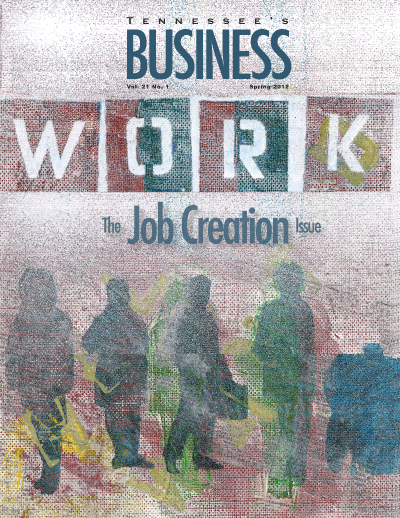Job Creation: What Really Works?
by David Hayes* | print pdf | 1 | 2 | 3
Maybe we just wait for the economy to fix itself.
|
The headlines are full of promises to create jobs. We're going to look at some of them as ways to step back and see the bigger picture. If they look familiar, there's a reason. In publishing, editors often speak of repurposing articles from past issues of magazines. They will pull them from the archives, dust them off, update some of the words and all of the illustrations and data, and then push them out to the public as if they were the newest thing. That's a lot of what we're seeing now — that plus a lack of the most basic knowledge of economics. It could spell trouble, or one of these proposals may work, or maybe we'll just wait long enough for the economy to fix itself. I suggest that part of our current unemployment is structural, not cyclical, and that the solution is centered in the marketplace, not in Washington. Can Stimulus Money Fix the Problem?The role of the government is crucial. Whether you believe the government should add capital into the system to stimulate the economy or remove regulations that may be restricting the market, you can't avoid its importance. Most recently, Congress passed a $158 billion stimulus bill in 2007 and one for $787 billion in 2008 and is currently debating the American Jobs Act and other measures. What does stimulus money really do? If you give a large amount of cash to your cousin who is too much in debt to buy necessities, he will buy some groceries, but mostly he will pay bills. This may be good for the person he owes, but he still doesn't have an income. If the person he pays doesn't have to pay it forward, he may spend it, but if he has sufficient resources, then the stimulus money will just sit there until some good reason to invest it comes along. Unless there's a good reason to do otherwise, sooner or later, all stimulus money gets piled in a wealthy person's or company's corner. If there were a good reason to do otherwise, you wouldn't need a stimulus. What is missing from this approach is demand. If you can create demand and need government help to create supply, the tax code, guaranteed loans, and other incentives move the market toward satisfying the demand. What the government can't do is create the demand except in times of national catastrophe. Many scholars argue that World War II and not the New Deal got our economy moving out of the Great Depression. The New Deal is credited with staving off disaster much the way the most recent stimulus programs did. You buy time and possibly create good politics, but you haven't solved the problem. next: Targeting Specific Industries * David Hayes, EA, CFP, is an adjunct instructor in the Department of Economics and Finance at Middle Tennessee State University and serves on the Tennessee Workforce Development Board. |
|
